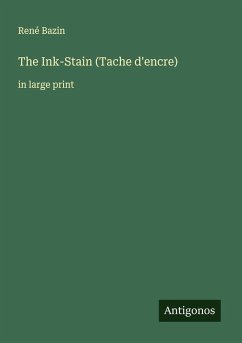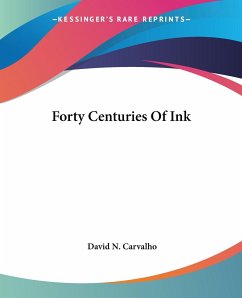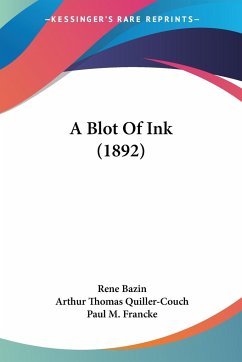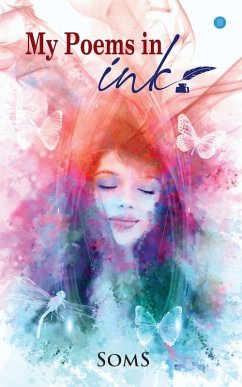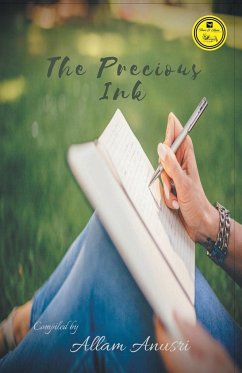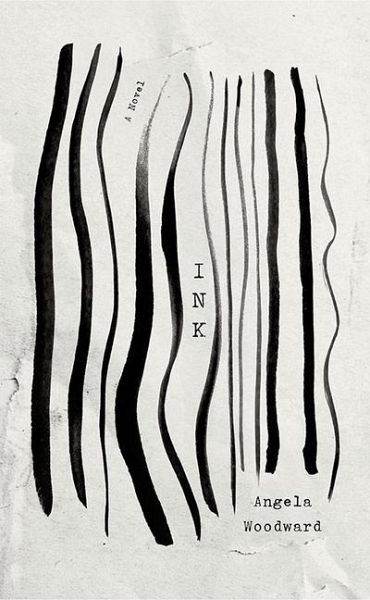
Ink

PAYBACK Punkte
8 °P sammeln!
"One of the most notorious prisons in Iraq during the government of Saddam Hussein, Abu Ghraib was refurbished by the US Army and turned into a military prison in 2003. During the early stages of the Iraq War, members of the Army and the CIA committed a series of human rights violations and war crimes against the detainees in Abu Ghraib, including physical and sexual abuse, torture, sodomy, and murder. Documentation of these abuses came to light in the years that followed, causing shock, outrage, and widespread international condemnation. In INK, Angela Woodward captures the passivity, permane...
"One of the most notorious prisons in Iraq during the government of Saddam Hussein, Abu Ghraib was refurbished by the US Army and turned into a military prison in 2003. During the early stages of the Iraq War, members of the Army and the CIA committed a series of human rights violations and war crimes against the detainees in Abu Ghraib, including physical and sexual abuse, torture, sodomy, and murder. Documentation of these abuses came to light in the years that followed, causing shock, outrage, and widespread international condemnation. In INK, Angela Woodward captures the passivity, permanence, and compliance of bearing witness. Set in the early 2000s, INK follows two typists, Sylvia and Marina, as they spend their days transcribing testimonies of abused Abu Ghraib prisoners. Their lives in and out of the small bureaucratic office in which they type away on outdated IBM typewriters are changed in visible and invisible ways. Sylvia becomes haunted by the voices of the recordings, straining her already-fragmented relationship with her teenage son and causing her to smell urine in improbable places. Marina's submissive ignorance subjects her and her troubled daughter into a sexually abusive relationship. Violence bleeds off the pages, making the dangers of detachment and compliance apparent when Sylvia fails to act upon the early signs of trouble in Marina's love life. Woodward's experimental structure toys with post-modern elements by braiding slivers of the prisoner's accounts in with the trivial preoccupations of the typists, along with a disquisition on the history of ink. Lyrical prose provides reflections on substances as seemingly different as ink, soap, blood, and water. Ruminations on the life and art of poet Francis Ponge are inserted as digressions from the character-driven parts of the novel. Finally, a second plot written in the first person emerges to tie all these fringes by describing the narrator's writing trajectory. Taken together, these fragmented components tell the reader that distanced stories of abuse are not as disparate or detached from us as they might first appear"--





